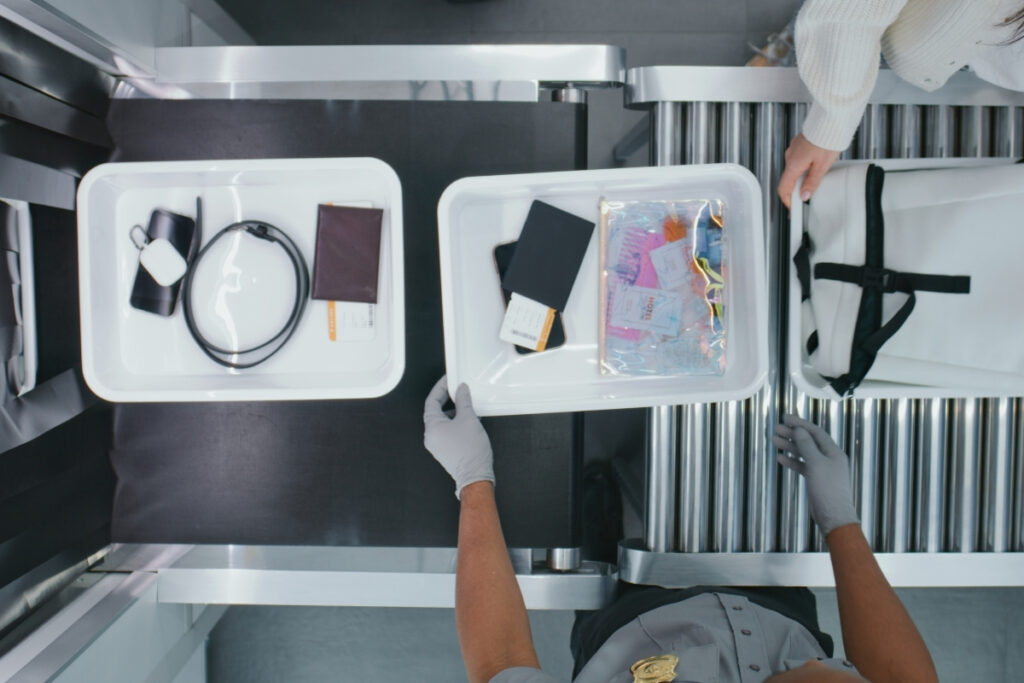What is an anti-money laundering check?
When someone buys a property, conveyancers are required to conduct an anti-money laundering check.
The rules for conducting AML checks and types of companies covered by those requirements are set out in the Money Laundering Regulations 2017. Among them are conveyancers, law firms, estate agents, and others.
But what is an AML check?
Conveyancing is a common target for money laundering. It’s an industry in which large sums of money change hands, making it a prime opportunity for criminals to launder their ill-gotten gains.
Conveyancers must therefore make a series of checks to ensure property buyers aren’t breaking the rules, and that the money they’re putting down to buy a house is coming from a legitimate source.
AML checks look for the common signs of money laundering. They help identify whether prospective buyers have criminal records, or use source of funds and transaction history checks to flag suspicious funds.
What AML checks are required?
AML checks are rigorous, but they’re often relatively straightforward and intuitive.
They start with a simple identity and address verification to determine whether a buyer is the person they say they are. This can include, for instance, checking ID documents and utility bills against the electoral role.
They’ll then launch into the more comprehensive checks, such as Know Your Customer (KYC) checks, which help provide a holistic overview of the risk and suitability associated with each customer.
Source of funds and transaction history checks in particular help firms understand where money is coming from, and therefore whether it may have an illegitimate origin. These checks help identify and flag the common methods used by criminals to disguise money laundering and other illegal activities.
But the work doesn’t stop there. Conveyancers must conduct ongoing due diligence over the whole of a customer’s lifecycle. Risks can emerge at a point during the buying process, so firms need to know when and where red flags arise.
Among the main checks are:
Identity verification
Address verification
Know Your Customer (KYC)
Source of funds
Criminal record checks
Transaction monitoring
How long do AML checks take?
AML checks can take a long time.
That’s why conveyancers turn to tools like Checkboard to speed up the process. Some of our customers have found their due diligence time has reduced by 80%.
That’s because Checkboard automates the process for the conveyancer, so they can conduct checks automatically over the course of the client lifecycle.
By speeding up the process, firms can create a better experience for their customers.
It also helps firms remain compliant with their obligations under the Money Laundering Regulations, thereby avoiding visits from the auditors. But it also reduces their exposure to financial and reputational risk.
To find out more, get in touch with Checkboard today.

